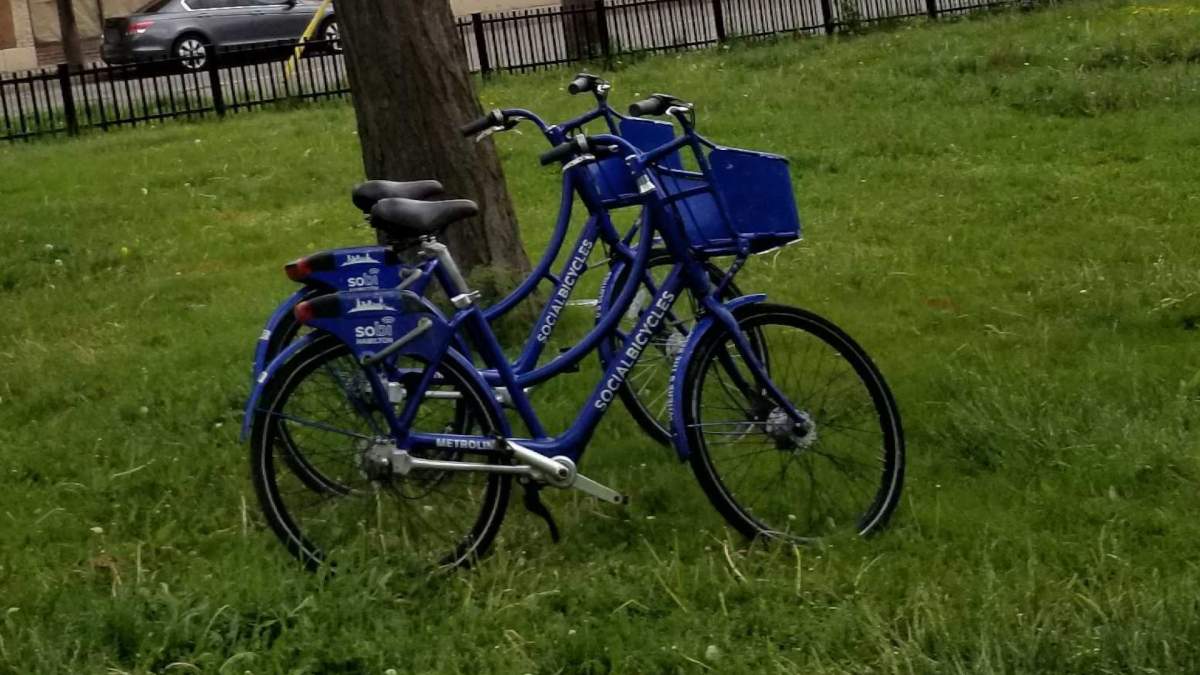Hamilton’s bike share program received a big boost after a number of city councillors voted in favour of essentially adding it to the public transportation portfolio.

The 10-to-2 favourable vote during the general issues committee on Friday means the program could potentially receive annual contributions from the city, pending a council vote.
“Aside from the convenience and health benefits for users, it can mean fewer motorized vehicles on our roads which eases congestion and road maintenance costs as well as reduced greenhouse gas emissions which contribute to global warming,” Mayor Fred Eisenberger said in a statement.
A thumbs up was also given to operate the system in 2022 through city funding after councillors passed a motion revising operating costs. That motion is also subject to further approval.
Previously, city staff pegged the cash needed for the current year at $600,000 in combined operating, accessibly, network and reserve funding.
The numbers for 2022 will now see the city put down around $324,000 for 8 months of operation with about $200,000 in operating costs, $36,000 for accessible bikes, $87,000 for Mobility Cloud network access.

Get breaking National news
The change knocks the city’s contributions per bike down to $28 compared to the $55 stated in the previous staff rundown.
However starting in 2023, the city’s commitment would move back to the previously assessed totals of $302,400 in operating costs, $54,000 for accessible bikes, $130,000 for connectivity to a mobile network and another $108,000 to build a bike-share capital reserve until 2025 when the agreement is set to end.
East Mountain councillor Tom Jackson was a detractor to the current idea on the table, expressing concerns over forthcoming budget items that could put the city’s tax rate north of 2.8 per cent for 2022.
“I’m not adverse to it, but I just need to understand where this and the next two items, living wage and students labour, and possible increase of where their wage may ultimately end up leaving us,” said Jackson.
Hamilton Bike Share, a not-for-profit bike-share operator, is expected to match the city’s contributions to the operating cost through to 2022.
A city staff report suggests with more investment, the current estimated 400,000 rides per year could expand to about 600,000 rides per year.
So far the program has generated about two million trips since 2015 and boasts some 26,000 active members.
The city suggests those numbers mean the equivalent of 1,000 tons of carbon have been reduced along with 91 million calories burned, and $1.3 million saved.
Previously the city partnered with Uber, which essentially ran the SoBi program until it abandoned the contract in 2020.
More than 7,000 people signed a petition that year asking city council to step in and ensure the continuation of the system.













Comments